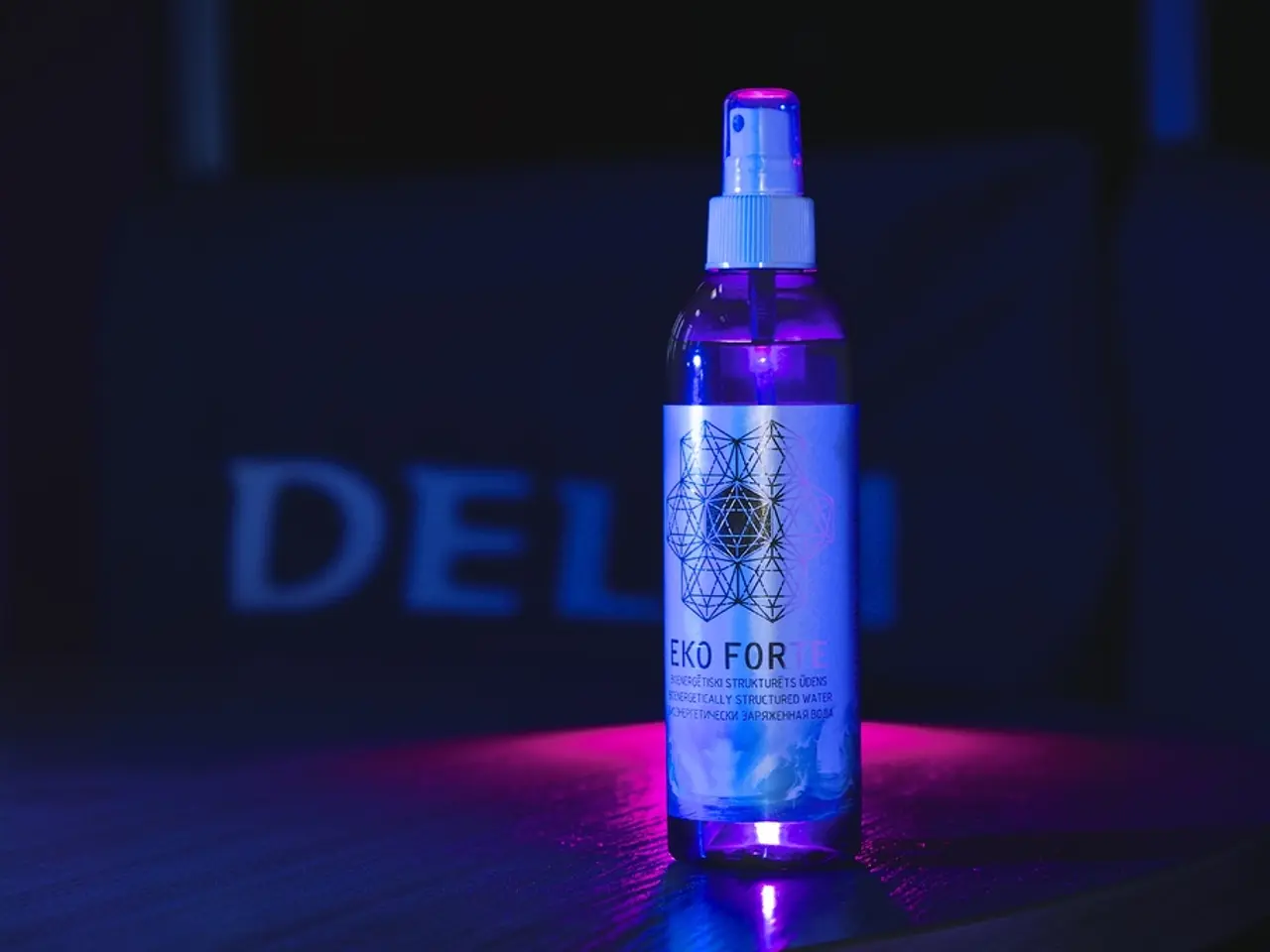Top Dermatologist-Recommended Sunscreens for Maximum Protection
In the realm of skincare, sunscreen plays a crucial role in protecting our skin from harmful UV radiation. With the FDA providing guidelines, ConsumerLab offering recommendations, and various studies uncovering new insights, here's a breakdown of the key factors to consider when selecting sunscreen.
Mineral sunscreens, containing zinc oxide and titanium dioxide, are favoured for their safety and efficacy. The FDA classifies these ingredients as "Generally Recognized as Safe and Effective" (GRASE). They work by physically blocking and reflecting UV rays, providing broad-spectrum protection against both UVA and UVB rays.
Zinc oxide, in particular, offers reliable protection against both UVA and UVB rays, while titanium dioxide mainly protects against UVB and less effectively against UVA. Mineral sunscreens are less likely to cause skin irritation and adverse effects, making them preferred for sensitive skin and reef-safe formulations.
On the other hand, chemical sunscreens, containing ingredients such as oxybenzone, avobenzone, octocrylene, homosalate, and octinoxate, work by absorbing UV radiation. However, they are absorbed into the skin and can potentially cause irritation, eye discomfort, and in some cases, systemic absorption, raising safety concerns. Some chemical filters like oxybenzone and octinoxate have also been linked to hormonal disruption and damage to marine ecosystems, leading to bans in certain areas.
When it comes to effectiveness, sunscreens should provide broad-spectrum protection, offer an SPF of at least 30, and be reapplied every two hours or more often if swimming or sweating. Consumer testing reveals variations in performance even among mineral sunscreens, with modern formulations addressing issues like white cast while maintaining high SPF and broad-spectrum efficacy.
In summary, choosing a broad-spectrum mineral sunscreen with SPF 30 or higher and reapplying it regularly offers a balance of safety and effective protection. Awareness of chemical sunscreen ingredients’ potential risks and environmental impacts is also important for informed decisions.
For those seeking more information, the National Library of Medicine provides resources for identifying emergency medical situations, and the American Academy of Dermatology Association answers frequently asked questions about sunscreen. It's also worth noting that the FDA advises against putting sunscreen on infants, and in case of serious medical symptoms, one should call 911.
References: [1] FDA (2021). Deemed Final Order and Proposed Order on Sunscreen Innovation Act. [online] Available at: https://www.fda.gov/cosmetics/product-and-ingredient-safety/sunscreen-innovation-act
[2] FDA (2020). Frequently Asked Questions: Sunscreen. [online] Available at: https://www.fda.gov/cosmetics/cosmetic-regulations/frequently-asked-questions-sunscreen
[3] Consumer Reports (2021). The Best Sunscreens of 2021. [online] Available at: https://www.consumerreports.org/sunscreen/best-sunscreens-of-2021/
[4] Valisure (2021). Benzene in Sunscreen: Testing and Results. [online] Available at: https://www.valisure.com/benzene-in-sunscreen/
[5] National Ocean Service (2021). Skincare Chemicals and Coral Reefs. [online] Available at: https://oceanservice.noaa.gov/facts/skincare.html
- In the health-and-wellness sector, the importance of mineral sunscreens in skin-care is highlighted due to their safety and efficacy, as FDA classifies them as "Generally Recognized as Safe and Effective" (GRASE), helping to protect the skin from harmful UV radiation.
- For individuals with sensitive skin or concerns about the environment, mineral sunscreens, which contain zinc oxide and titanium dioxide, may be preferable over chemical sunscreens, as they are less likely to cause skin irritation and potential harm to marine ecosystems.




